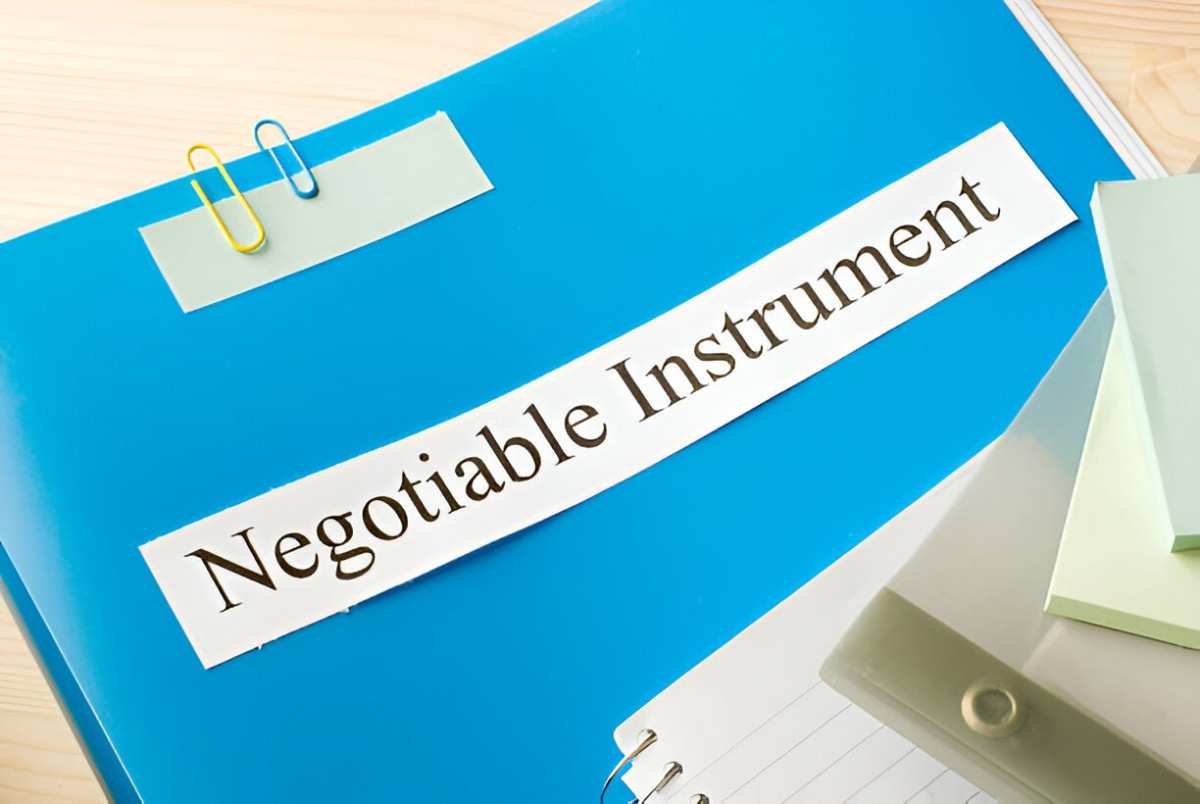Introduction
Negotiable instruments are essential in financial transactions. They facilitate trade, credit, and liquidity. Understanding their structure, types, and legal framework is crucial for businesses and individuals. In this guide, I will explain negotiable instruments in depth, including examples, calculations, and comparisons.
Table of Contents
What Are Negotiable Instruments?
A negotiable instrument is a written document that guarantees payment to the holder. It must be transferable by endorsement or delivery. The Uniform Commercial Code (UCC) governs these instruments in the US.
Key Characteristics
- Unconditional Order or Promise – The instrument must include an unconditional promise or order to pay.
- Fixed Sum of Money – The amount must be certain and payable in legal currency.
- Payable on Demand or at a Future Date – It should state a clear due date or be payable upon demand.
- Transferability – The holder can transfer it to another party.
- Bearer or Order Instrument – It must be payable to a specific person or bearer.
Types of Negotiable Instruments
1. Promissory Notes
A promissory note is a written promise to pay a specific amount to a designated person. It includes the principal amount, interest rate, and maturity date.
Example:
John borrows $5,000 from Mike and issues a promissory note payable in 6 months at 6% annual interest. The interest calculation is:
I = P imes r imes t I = 5000 imes 0.06 imes \frac{6}{12} = 150Total amount payable = $5,150.
2. Bills of Exchange
A bill of exchange is an order from one party to another to pay a third party a specific amount. It is commonly used in international trade.
Example:
Company A sells goods worth $10,000 to Company B and draws a bill of exchange payable in 90 days. If Company B accepts it, they must pay by the due date.
3. Checks
A check is an order to a bank to pay a specified amount from a depositor’s account. It is the most common negotiable instrument in daily transactions.
Example:
Jane writes a check for $2,000 to her landlord. The bank processes the payment upon presentation.
Differences Between Negotiable Instruments
| Feature | Promissory Note | Bill of Exchange | Check |
|---|---|---|---|
| Promise or Order | Promise | Order | Order |
| Number of Parties | Two (maker, payee) | Three (drawer, drawee, payee) | Three (drawer, bank, payee) |
| Payable on Demand? | No | Yes/No | Yes |
| Legal Obligation | Absolute | Conditional Acceptance | Bank ensures payment if funds are available |
Legal Framework
Negotiable instruments are governed by the UCC. The UCC provides uniformity in commercial transactions. Key sections include:
- UCC Article 3: Governs negotiable instruments.
- UCC Article 4: Covers bank deposits and collections.
Negotiation and Endorsement
A negotiable instrument can be transferred by:
- Delivery – If payable to the bearer.
- Endorsement and Delivery – If payable to order.
Types of Endorsements
- Blank Endorsement – A simple signature allows further negotiation.
- Special Endorsement – Specifies a particular payee.
- Restrictive Endorsement – Limits further transfer.
- Conditional Endorsement – Subject to specific conditions.
Dishonor and Liability
If a negotiable instrument is dishonored, the holder can take legal action. Common reasons for dishonor include:
- Insufficient funds
- Signature mismatch
- Post-dated checks presented early
In case of dishonor, the holder can demand payment from previous endorsers.
Advantages of Negotiable Instruments
- Security – Reduces the risk of cash handling.
- Credit Facility – Allows deferred payments.
- Legal Protection – Backed by commercial law.
- Easy Transferability – Facilitates smooth transactions.
Conclusion
Negotiable instruments are vital for financial transactions. Understanding their types, legal framework, and usage ensures better financial management. Whether using promissory notes, bills of exchange, or checks, knowing their legal implications protects businesses and individuals. Mastering these concepts enhances financial literacy and decision-making.





